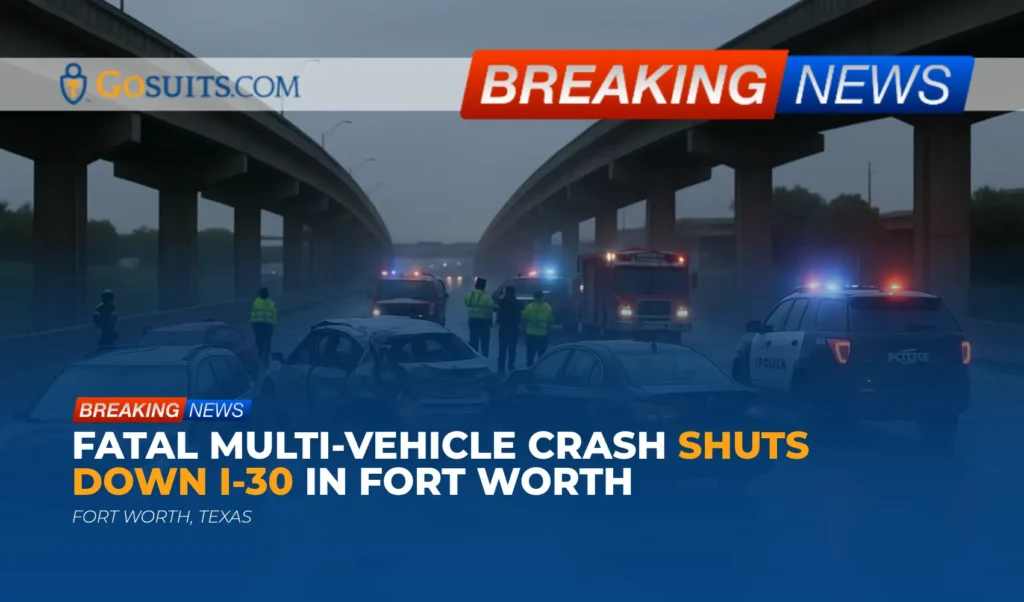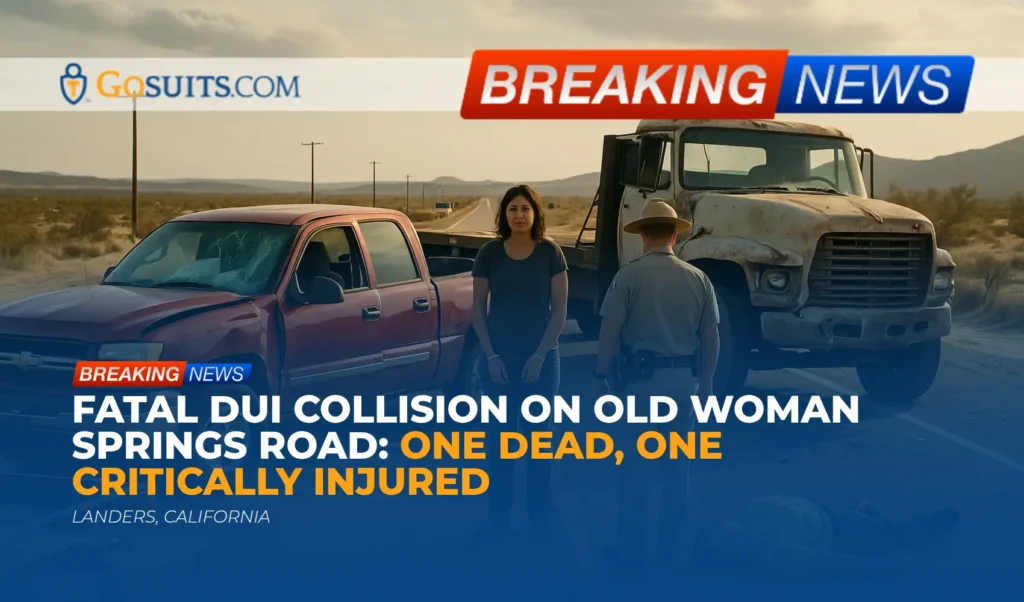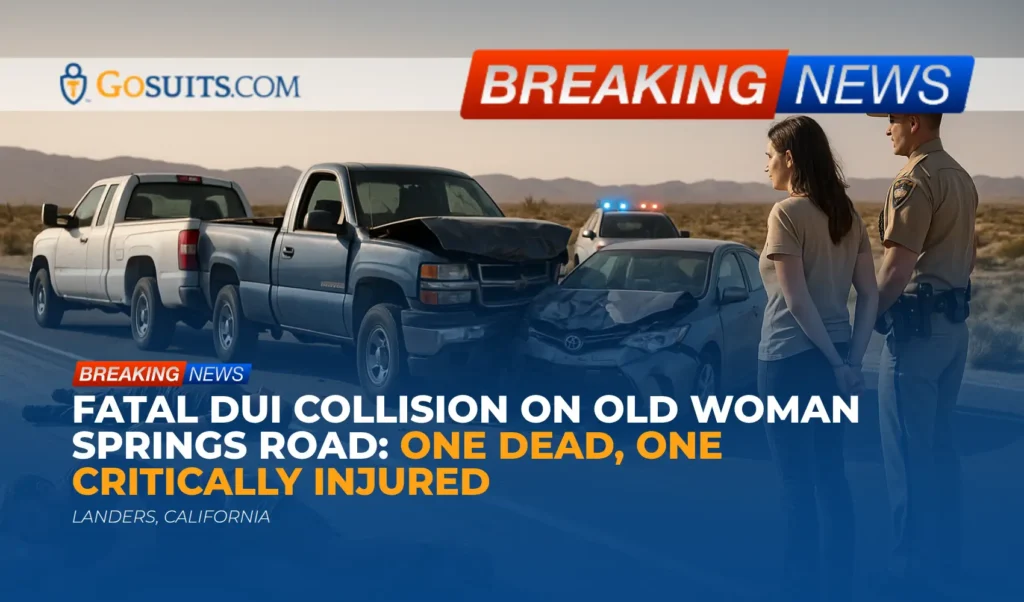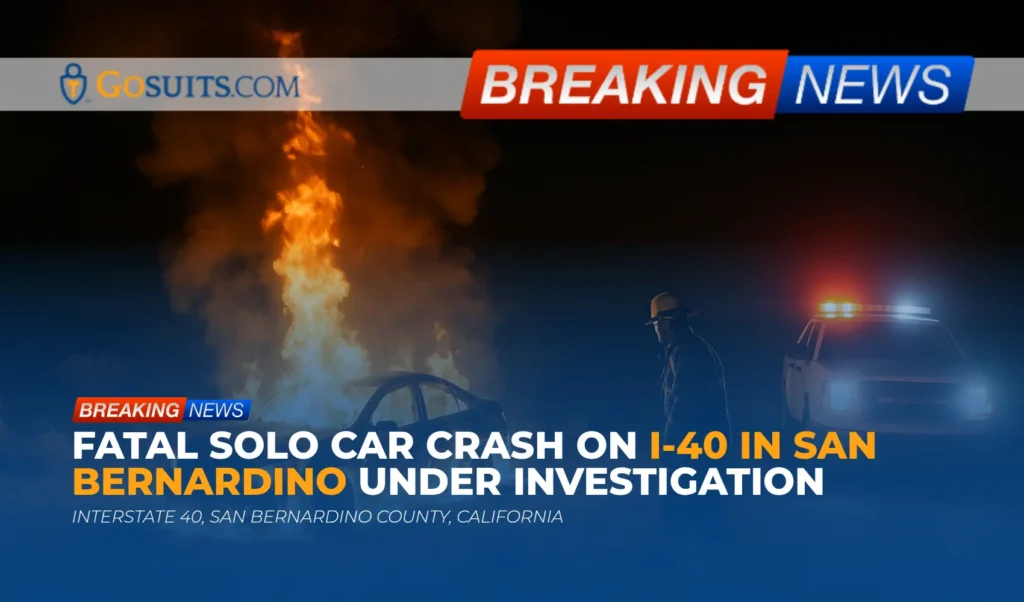A major traffic incident occurred on westbound Interstate 30 (I-30) in Fort Worth, Texas, resulting in a complete shutdown of all lanes early this morning. The multi-vehicle crash, involving at least five vehicles, took place just before 6:30 a.m. at the interchange of I-30 with US 287 near I-35W. Tragically, a passenger in one of the vehicles was pronounced dead at the scene.
According to the Fort Worth Police Department, no other major injuries were reported in connection with the crash. Emergency responders and law enforcement officials worked diligently to manage the scene and conduct the necessary investigations. The closure of the highway led to significant traffic delays and congestion in the surrounding areas during the morning commute.
After approximately four hours of closure, all lanes of westbound I-30 were reopened to traffic. However, the aftermath of such an incident can have lasting effects, not only on the individuals directly involved but also on their families and the broader community.
Understanding the Legal Implications of Multi-Vehicle Accidents
Multi-vehicle accidents, sometimes referred to as pile-ups, are complex events that can lead to significant legal challenges. Determining liability in these types of crashes often requires a thorough investigation to identify the sequence of events and the actions of each driver involved. Several factors can contribute to multi-vehicle collisions, including:
- Distracted Driving: Engaging in activities such as texting, eating, or adjusting vehicle controls while driving can lead to a delayed reaction time and increase the risk of accidents.
- Speeding: Driving at speeds too fast for conditions or exceeding the posted speed limit reduces a driver’s ability to react to sudden changes in traffic flow.
- Following Too Closely: Maintaining an insufficient following distance, also known as tailgating, limits a driver’s ability to stop in time to avoid a collision.
- Inclement Weather: Rain, fog, ice, and other adverse weather conditions can reduce visibility and make roads slippery, increasing the likelihood of accidents.
- Mechanical Failure: Malfunctions in vehicle components such as brakes, tires, or steering systems can lead to loss of control and collisions.
- Driver Fatigue: Operating a vehicle while fatigued or drowsy impairs judgment and reaction time, similar to the effects of alcohol or drugs.
Establishing Liability in a Multi-Vehicle Collision
In Texas, which follows a modified comparative negligence rule, a person can recover damages in a personal injury lawsuit as long as they are not more than 50% at fault for the incident. If a person is found to be 51% or more at fault, they cannot recover damages. This means that in a multi-vehicle accident, the degree of fault assigned to each driver is crucial in determining who is liable for damages.
The investigation of a multi-vehicle accident often involves gathering evidence such as police reports, witness statements, photographs of the scene, and vehicle damage assessments. Accident reconstruction experts may also be consulted to analyze the dynamics of the crash and determine the cause and sequence of events.
Legal Rights of Victims in Car Accidents
Individuals injured in a car accident caused by another driver’s negligence have the right to seek compensation for their damages. These damages may include:
- Medical Expenses: Costs associated with medical treatment, including emergency care, hospitalization, surgery, physical therapy, and prescription medications.
- Lost Wages: Compensation for income lost due to the inability to work as a result of injuries sustained in the accident.
- Property Damage: Reimbursement for the cost of repairing or replacing damaged vehicles and other personal property.
- Pain and Suffering: Compensation for the physical pain, emotional distress, and mental anguish experienced as a result of the injuries.
- Wrongful Death: In cases where a person is fatally injured in a car accident, their surviving family members may be entitled to pursue a wrongful death claim to recover damages for their losses.

The Role of Insurance Companies
Insurance companies play a significant role in the aftermath of car accidents. Both the injured party’s insurance company and the at-fault driver’s insurance company may be involved in the claims process. It is crucial for individuals involved in car accidents to understand their rights and responsibilities when dealing with insurance companies.
Insurance adjusters may attempt to minimize payouts or deny claims altogether. Therefore, it is often advisable to seek legal counsel to navigate the complexities of the insurance claims process and protect one’s rights.
Importance of Seeking Legal Representation
Navigating the legal complexities of a car accident claim, especially in a multi-vehicle collision, can be overwhelming. An experienced personal injury attorney can provide valuable guidance and representation to ensure that the injured party’s rights are protected. A skilled attorney can:
- Conduct a thorough investigation of the accident
- Gather and preserve evidence
- Identify all potentially liable parties
- Negotiate with insurance companies
- Prepare and file legal documents
- Represent the injured party in court, if necessary
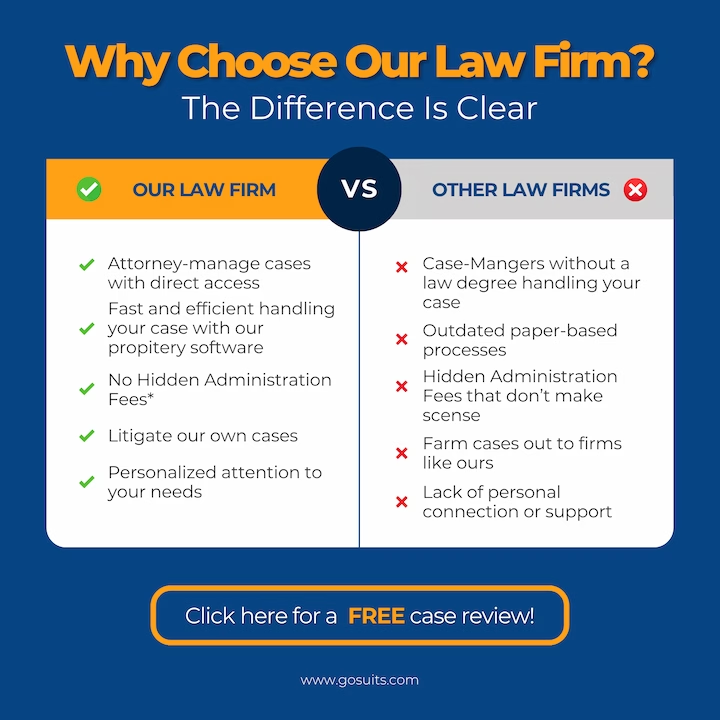
Commentary from Gosuits Fort Worth, Texas Personal Injury Attorney
The tragic multi-vehicle crash on I-30 in Fort Worth underscores the devastating consequences that can result from traffic accidents. When such incidents occur, it is essential to understand the legal rights and options available to those who have been injured or lost a loved one. Determining liability in a multi-vehicle collision can be a complex process that requires a comprehensive investigation and a thorough understanding of Texas law. If you or someone you know has been involved in a car accident, it is advisable to seek the guidance of a seasoned personal injury attorney who can evaluate the circumstances of the case and provide informed legal advice.
